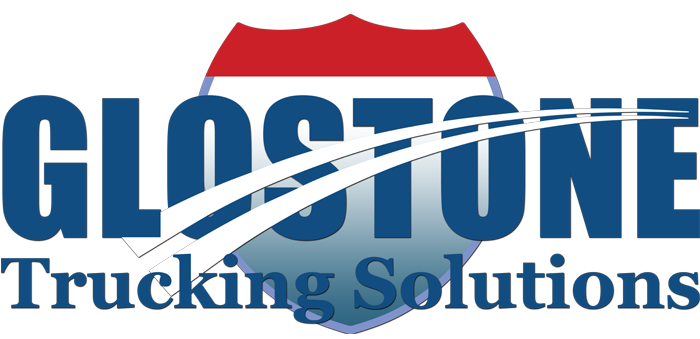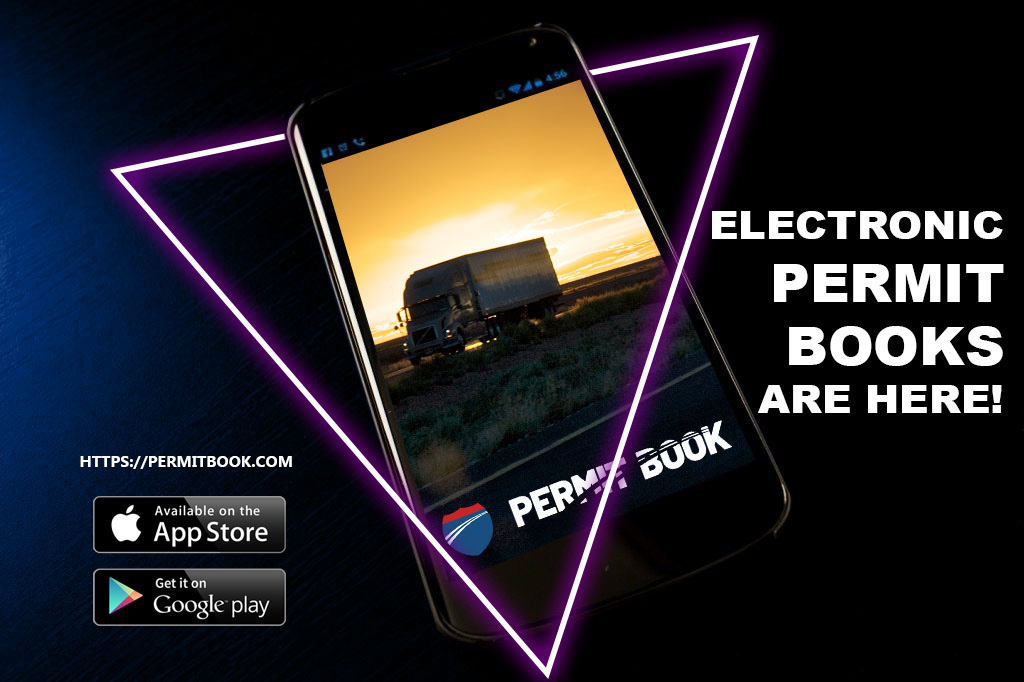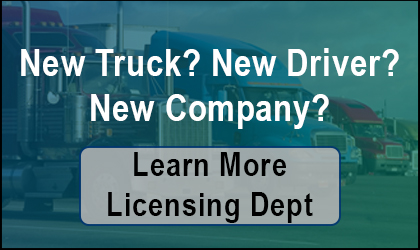February 2016 Newsletter
posted in Alerts, Blog, Newsletter, Uncategorized by Brian Gray
Stories From The Bakken Oil Fields


During my first couple of months of driving water trucks in the Bakken, I saw all manner of unsafe, and frankly, crazy, driving. The sight of over-turned trucks was a regular occurrence, roughnecks and roustabouts would pass each other on blind hills and turns to meet each other in on-coming traffic as they rushed to a job site, and commercial drivers would fall asleep at the wheel due to the fatigue of working beyond the Hours of Service limits. It did not take long to realize that if I wanted to make it as a truck driver in North Dakota – and stay alive – I would have to be 100% focused on safety and my level of awareness would need to be extraordinarily sharp.
Here are some examples of the negligence and lack of safety I saw during my time in the Bakken:
One night, at about 3:00 in the morning, I was woken by the ground-shaking thunder of a large explosion. I ran outside to see flames ascending the giant fir tree of my next door neighbor. There was a small motorhome parked in front of their house that was fully engulfed in flames. Kaboom! Another huge explosion sends the neighbors and me scurrying to a safe distance while waiting for the fire department. It was later determined by the fire marshal that the explosion was caused by a careless driver lighting a cigarette while sitting in his parked truck. The truck was carrying were six compressed oxygen bottles and a propane bottle – you can figure out the rest!
Read all the stories. Click here.
What to Know Before You Test
By CleanFleet


Be sure to take the DOT Drug & Alcohol Testing Quiz. Click Here.
DOT drug testing can be a mystery to drivers. Often confusion can take place when answering questions at collection sites about why they are being tested, and language barriers further the misunderstanding. Most small companies utilize Consortium/Third Party Administrators (C/TPA’s) to manage drug and alcohol programs and testing rates are usually met, but little is done to inform individuals why he or she has to take a test. If the driver is at a collection site for a test and not familiar with the regulations it can result in time lost due to mis-handled paperwork, unnecessary phone calls, or a collection site simply refusing to perform the test due to lack of information.
As a C/TPA we are finding great long-term benefit to spending a little time educating our members in the basics of DOT drug and alcohol testing. While we understand that it would not behoove most drivers to become experts, we do recognize that a solid foundational understanding helps to improve the driver’s experience with both the collection site and the program as a whole.


6 tests, and 6 only
The DOT, under Part 40 and Part 382, only allows 6 types of tests, and each one has specific circumstances that must be met in order to qualify. The most common answer we receive when asking an uninformed driver what kind of test they need is “Just a normal drug test.” Unfortunately, because of the strict regulation of testing there is no such thing as a “normal” or “regular” drug test. All drug tests are tested for 5 substances (cocaine, Marijuana, PCP, opiates, and amphetamines.), but the reason for the test is specifically dictated by the regulations. The 6 tests are Pre-Employment, Random, Post-Accident, Return to Duty, Follow-up, and Reasonable Suspicion.
At the Collection Site
To ensure efficient testing and processing it is important to communicate with the collection site. Be sure that they have information for the correct Lab, MRO, and Donor. If the correct information is present from the start all of the paperwork and billing will go smoothly.
Pre-Employment
A pre-employment test is by far the most common test done because every driver must have a negative test to start work. Additionally, the result of that test must also be kept in the Driver File that the company maintains for each of its drivers. To ensure that the driver knows what should happen at the collection site it is good to inform the driver of all the information that needs to be on the testing form, including the full, official name of your company and contact information should the collection site have any questions.
The DOT does provide a pre-employment test exception (49 CFR Part 382.301) for drivers who are changing employers. If the driver has been part of a compliant testing program within 30 days of starting work with you, you may be eligible for a pre-employment waiver. As long as that driver has either 1) been tested within the last 6 months, or 2) been available for random testing for the last 12 months, you don’t need a pre-employment test. You must, however, obtain information from the driver’s previous program provider stating that the driver was a member and that he had no violations within the previous 6 months.
Read More About Randoms, Post Accident, Return-To-Duty, and Follow-Up Testing. Click Here.
Oregon's New Sick Leave Law
On January 1, 2016, Oregon became the fourth state to require employers provide paid sick leave to employees. Oregon’s new sick leave law applies to all Oregon based employers and to all employers wherever they are based if they have an employee or employees who work in Oregon.
Employers with ten or more employees working anywhere in Oregon must provide paid sick leave time. Employers located in Portland must provide paid sick time if they have six or more employees working anywhere in Oregon. An employer is defined as “located” in Portland if it maintains an office, store, restaurant, or operational facility within the city limits of Portland. Non-Portland employers with less than ten employees, and Portland employers with less than six employees must provide unpaid sick leave time.
Company Drivers: if you drive for a carrier based in Oregon, or if your company operates a terminal in Oregon, your carrier is subject to this new law. This law does not apply to leased-on carriers and drivers, as they are classified as independent contractors and not employees in relation to the companies for whom they drive.
Carriers: If you employ company drivers who permanently reside in Oregon, or if you operate any offices, terminals, shops, or other facilities in Oregon, you are subject to this new law. Consult with your lawyer for further details on this law and how it applies to your business
For the full Article on Anderson and Yamada's website, click here.
Trucking Conference Recap
The 2016 Safety Issues Update conference, organized by Standard & Best and sponsored by EROAD, was a huge success. We had over 70 attendees from 35 different companies! Topics of the event included Regulatory Compliance Updates, ELD and URS rule changes, Sleep Apnea, and New Medical Exam Form. Thank you to our speakers and for Skip Nash for organizing this event. Skip announced that he is retiring. In June, long time partner Glostone Trucking Solutions will continue his great work.
If you missed the event, you can watch the videos and download the presentations and other resources by clicking here.
Survey | How Would You Reward Good Drivers?

Do you agree that the FMCSA should create a “Beyond Compliance” system that rewards companies and drivers for implementing safety initiatives that are beyond the minimum outlined in the Federal Motor Carrier Safety Regulations? *
Quickly take a 4 question survey. We will tally the results and write an article in the middle of February 2016. Click Here.
Upcoming Events
Register today for our two hour seminar on the fundamentals of pre-trip and post-trip inspections. We will cover the most common defects drivers miss in an inspection, the most commonly cited maintenance violations, and the behaviors and knowledge necessary to make a thorough and complete inspection every time you or your driver walks around a truck. Our class will be lead by Jordan Fullerton of Pacific Fleet Inspections, one of leading experts in commercial vehicle mechanical inspections and FMCSA maintenance compliance in the Northwest.
WHEN:
February 11th, 2016 @ 8:30 am – 10:30 am
WHERE:
Clackamas Learning Center
9111 Southeast Saint Helens St., Clackamas, OR 97015
COST:
$99
Feb 17 | Log Book MASTERY Course
- Hours of Service rules:11-14, 60/7, & 70/8 rules
- Split-sleeper & combined off-duty options
- How to check for falsified logs
Feb 17th, 2016 from 8:30 am to 12:30 pm
WHERE:
Clackamas Learning Center
9111 Southeast Saint Helens St., Clackamas, OR 97015
COST:
$99
Mar 21 | Beyond Basics Seminar
- Learn how DOT software is used to determine a carrier’s fitness
rating and how to make it work for you. - Learn how one of the nation’s leading plaintiff’s attorneys trains
other attorneys to prepare their case, and where to discover
your program’s weaknesses. - Turn the driver interview into a source of real info by employing
statement analysis like the FBI during interrogations. - Learn why Part 385 is the ‘crystal ball’ of your company’s
compliance future and when to use it.
Mar 21st, 2016 from 8:30 am to 4:30 pm
WHERE:
Clackamas Learning Center
9111 Southeast Saint Helens St., Clackamas, OR 97015
COST:
$249, Register Online and save $50






